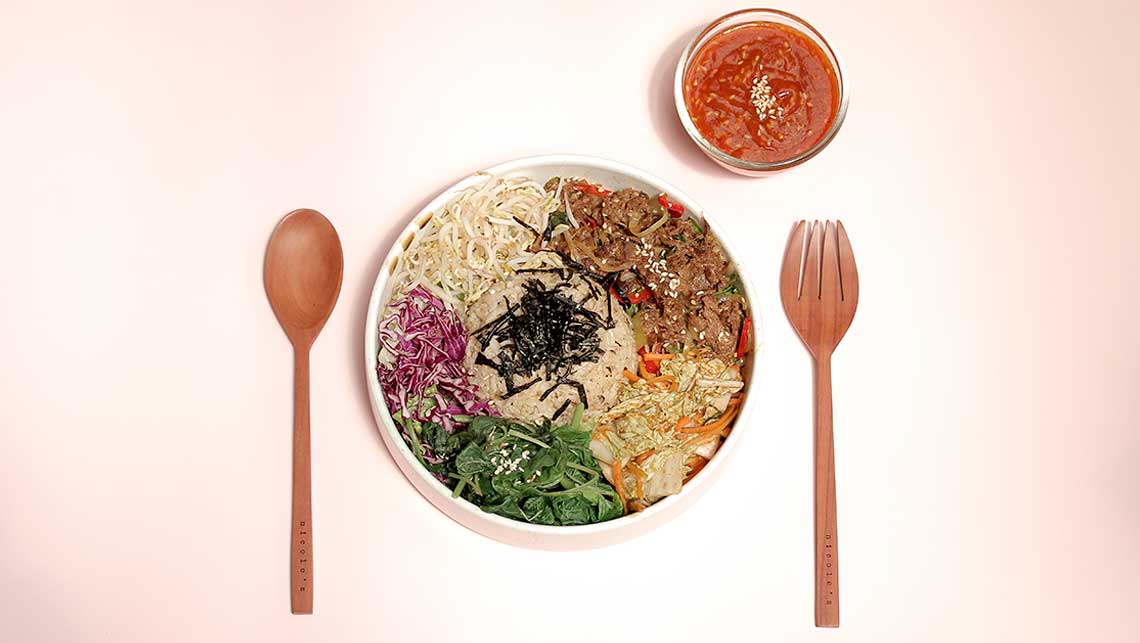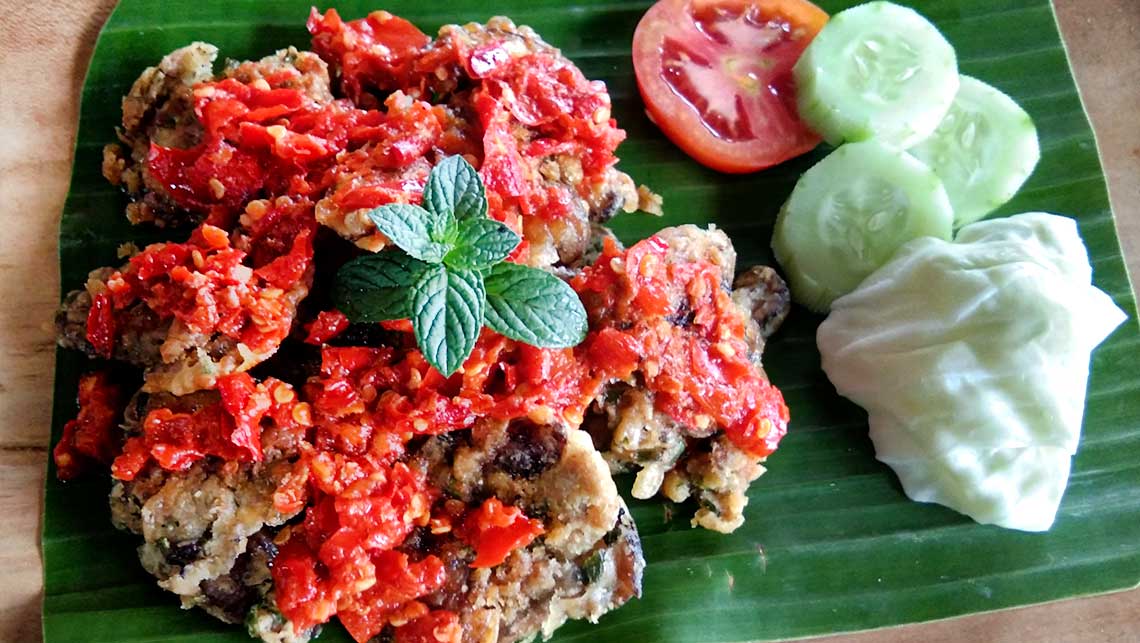
The highly-anticipated Ubud International Vegan Festival makes its return this year in the month of September. Held from the 23rd to the 25th at The Mansion Resort Bali, this 3-days event is set to be Indonesia’s largest vegan festival with more than 75 participating vendors from food and beverages, arts & crafts, to health-related brands. With “Heart & Soul of Veganism” as the theme of this year’s event, Ubud International Vegan Festival aims to reflect the nature of Bali as an island and to be the most diverse vegan festival by inviting over 30 speakers, local and international – with over 3,000 expected visitors.
A Plant-Based (Vegan) Diet Could Prevent Potentially Much More Disruptive Outbreaks In The Future
SARS-CoV-2, widely known as the Corona virus (or Covid-19), has had a profound impact on all of our lives and changed the way we live. But while it’s important to acknowledge the impact of the virus on our global society and economy, it’s also important to examine the root causes of the pandemic – and pandemics in general – if we are to minimize the risk of potentially far more destructive outbreaks in the future.

previous Vegan Festival in Jakarta and Surabaya
By exploring the important link between the current crisis and our animal-based food systems, the Report from the United Nations Environment Program (UNEP), highlights how our food choices are helping to create recipes for preventing zoonotic pandemics. By switching to plant-based foods, we can help minimize the risk of future pandemics as well as help solve many of the other major challenges we face, including climate change, loss of biodiversity, world hunger, antimicrobial resistance, and the emergence of other food-related diseases.

Vegan Bibimbap by Burgreens
Furthermore, the report states that among new diseases affecting humans, an estimated 75% are thought to be of animal origin (such as Middle East respiratory syndrome in bats and Zika virus in primates). Animals can also be intermediate hosts, where they acquire disease from other animals, and then transmit it to humans, sometimes without getting sick. This form of transmission is of particular concern in our complex food chain, where humans may not have direct contact with the original host animal but can still become infected. There are risks in the farms where animal products are produced and, in the markets, where they are being sold. The risk of human-to-human transmission also increases in places where animal products are processed.

Jamur Shitake Geprek by Minang Vegan
A Plant-Based (Vegan) Diet Could Be A Key Factor In Achieving Sustainable Development Goals
Most of the world’s population follows an omnivorous diet, consisting of both animal and plant-based foods. Less than 10% of the global population follows a plant-based diet, i.e. vegetarianism or veganism. Maintaining a plant-based diet rather than an omnivorous diet has nutritional benefits, such as an increased health index and increased intake of various vitamins and minerals. A plant-based diet is also associated with many long-term health benefits including lower body mass index levels, as well as a lower risk of ischemic heart disease and cancer when compared to an omnivorous diet. The spread and scale of production and uptake of nutritious plant-based foods can be a key factor in achieving the sustainable development goals (SDGs 2 & 12) which aim to end hunger, achieve food security and improve nutrition, and promote sustainable consumption and production by 2030.
The global response to COVID-19 has shown that we can respond quickly and collectively, and we believe we can do the same. Together, we can transform our food systems for a better, healthier and more resilient world.
According to a recent UN survey (2021), 30 percent of world leaders support a plant-based diet as a climate policy. Let’s push and move together, so that the percentage can increase to 100%.

Soto Kelor (Moringa Soup) Photo credit_ The Art Lounge
A Plant-Based Diet Is A Powerful Way To Achieve Better Health
A plant-based diet consists of exclusively plant-based foods, including fruit, vegetables, whole grains, and nuts, and avoids meat, dairy, and eggs. Plant foods are rich in fiber, rich in vitamins and minerals, cholesterol free, and low in calories and saturated fat. Eating a variety of these foods provides all the protein, calcium, and other essential nutrients your body needs. It is very important to include reliable sources of vitamin B12 in your diet. You can easily meet your vitamin B12 needs with TEMPE or fortified foods, such as vitamin B12 fortified cereals, plant-based milk, and nutritional yeast.
A plant-based diet lowers the risk of heart disease, type 2 diabetes, obesity, and other health conditions. Research also shows that a plant-based diet can be less expensive than an omnivorous diet.

Garden Salad with Passion Vinaigrette, Grilled Cassava Chips, Pumpkin Soup. Photo credit_ Tsuyako Iwanaga
Heart disease
People who eat a plant-based diet have a lower risk of dying from heart disease when compared to non-vegetarians. A plant-based diet has been shown to prevent and reverse heart disease, lower cholesterol and blood pressure.
Diabetes
A plant-based diet prevents, manages & reverses Type 2 Diabetes. A plant-based diet loses weight, improves insulin function, and increases the ability of beta cells to regulate blood sugar, which helps reverse the symptoms associated with Type 2 Diabetes.
Cancer
Avoiding animal products and high-fat foods and eating plant-based foods can lower the risk of developing certain types of cancer.
Brain Health
Saturated fat and trans fat—found in dairy products, meat, and fried foods—can increase the risk of Alzheimer’s disease and other cognitive conditions. A plant-based diet avoids these foods and is rich in antioxidants, folate, and vitamin E, which may offer a protective effect.
Weight loss
A plant-based diet leads to weight loss, even without exercise or calorie counting. Replacing high-fat foods with fruits, vegetables, whole grains, and nuts naturally reduces calorie intake.
Article written by the Media office of the Ubud International Vegan Festival.
































